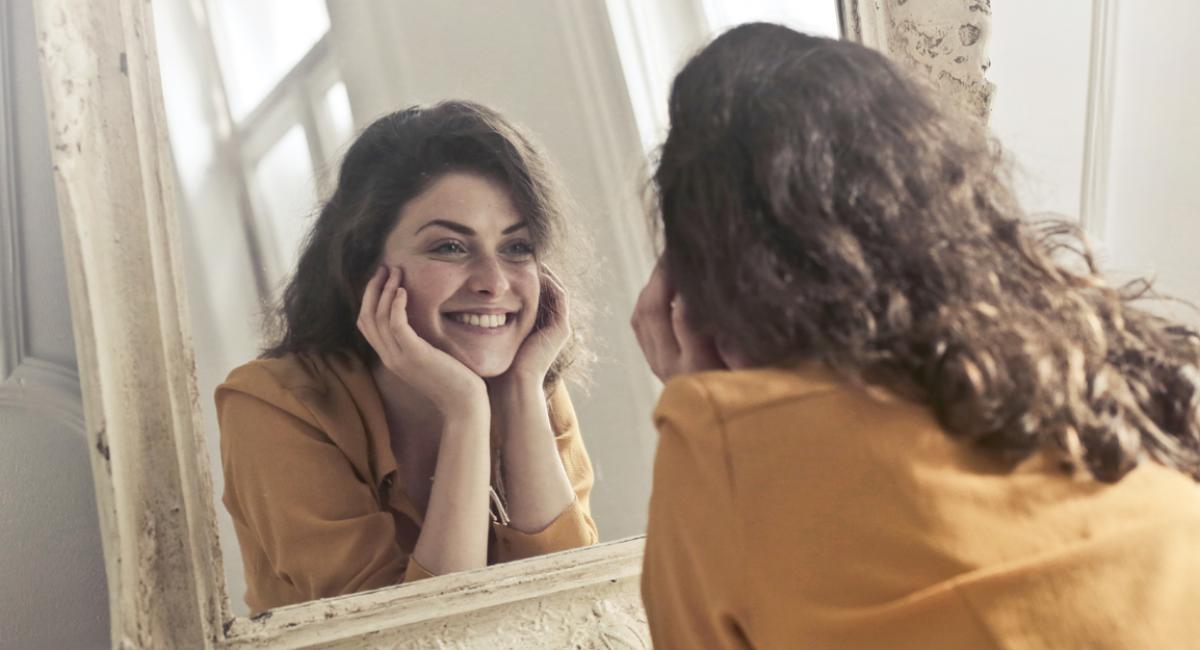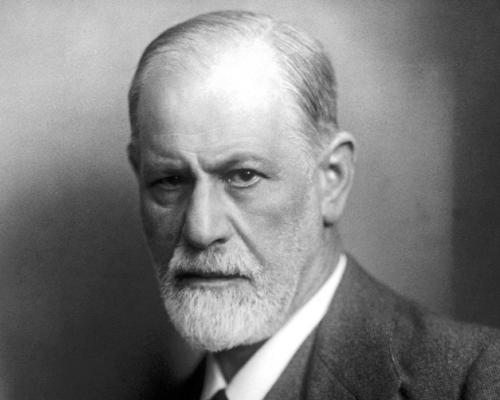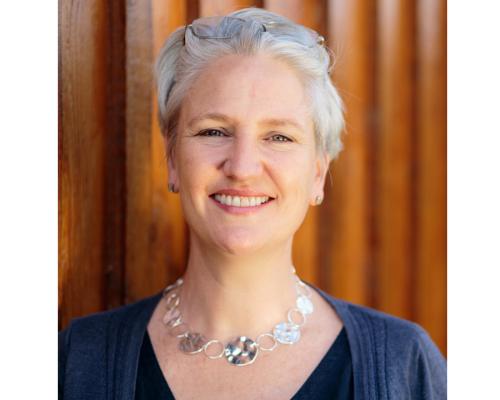The curious case of covid consternation
Julia Welstead looks at how our inner resources - with a little help from an effective therapist - can help us to overcome trauma, build resilience through difficult times and develop a positive mindset and zest for life.
When a young woman came to see me (in my capacity as an HG therapist) I listened with mounting awe as she explained what had led her to my door. Aged 16 she had been home alone when burglars broke in and began to load her family possessions into a van. Quietly locking herself into an upstairs bathroom, she phoned the emergency services, explained the situation and gave location details. She was told to stay hidden until the police arrived, caught the looters and came to find her.
When I applauded her for her amazing presence of mind, resourcefulness, courage and ultimate success (the criminals were caught), she responded with a blank stare and then a jaw drop, as a long overdue re-frame found its mark. Since the event, this young woman had suffered four years of anxiety, panic attacks, loss of confidence and the growing symptoms of PTSD, leading to her not attending school exams, thus not gaining entry to the university place for which she had been aiming, not leaving home and not progressing with her life plans. Now overweight and agoraphobic, she described the pain of physically aching for something to change.
I explained that we could change things right now and, with use of the rewind technique, helped her to view her 16 year old self being part of the event as if it were a movie, and she the star, whereupon she could see that the positive outcome was thanks to her actions. I suggested she file the movie among her childhood memories, such that she could move on from it, whilst carrying forward the knowledge that she has proved to be ‘good in a crisis’, well able to rise to unexpected challenges and use her initiative in difficult situations.
One week later in walked a bolder woman, with fire in her eyes. Four years ago her family and doctors had offered sympathy, protection and medication, unwittingly consolidating her feelings of helplessness and embedding the idea that her trauma would cause her lifelong debilitation. Our rewind and reframe session had put her back at the helm of her life, energised and keen to make up for lost time.
I bring this story up now because I have a feeling we are doing our youngsters, and ourselves, a disservice by headlining predictions of a massive surge in mental illness as a result of our pandemic. I worry that we are all being fed – directly or through embedded suggestion – an edict to feel helpless and anxious in the face of this crisis.
“Nothing diminishes anxiety faster than action.”
Walter Anderson, writer & painter, New Orleans 1903-1965
The human brain is wired for action, alert to spotting dangers and ready to rise to challenges and overcome difficulties with the ever-present aim of staying alive and thriving. There is nothing more anxiety inducing than being told to stay put, do nothing and allow ‘experts’ to take charge of our lives, whilst being fed daily information about how bad things are and how much worse they might get. I’m not suggesting here that these should not be considered anxious times, or that we should play down our global crisis. I’m suggesting that we find ways to take on board what’s happening, be in control of our lives within that acceptance and, dare I say (in the face of endless media ‘doom and gloom’ hype) expect – and therefore aim for – a positive outcome.
Grief expert David Kessler (in ‘That discomfort you’re feeling is grief’ Harvard Business Review, March 23rd 2020) has likened our need to understand our emotional responses to the crisis, to the grieving process:
"There's denial, which we saw a lot of early on: ‘This virus won't affect us’. There's anger: ‘You're making me stay home and taking away my activities’. There's bargaining: ‘Okay, if I social distance for two weeks everything will be better, right?’ There's sadness: ‘I don't know when this will end’. And finally there's acceptance. ‘This is happening; I have to figure out how to proceed’.
"Acceptance, as you might imagine, is where the power lies. We find control in acceptance. I can wash my hands. I can keep a safe distance. I can learn how to work virtually."
For anyone who has been severely affected by Covid-19 – be that through personal illness, loss of a loved one, front-line work exhaustion, or any of the daily side-effects of lockdown (loneliness, loss of work or education, domestic violence) – it may seem glib to be told to find acceptance and take control of yourself. Significant trauma, cannot be simply wished away. But here’s the good news – its effects needn’t be permanent. With the help of an effective therapist, traumatic memories can be overcome, re-framed and consigned to history.
As HG practitioner, tutor and writer Denise Winn explains in her Psychology Today blog series Helping Humanity Thrive,
“The symptoms of PTSD, such as sudden flashbacks or nightmares, extreme anxiety or irritability and difficulty concentrating, occur when the impact of a traumatic experience, or accumulation of experiences, prevents the brain from fully processing it. To be totally untechnical, messages which normally convey to the relevant part of the brain that an event is over get stuck. So, instead of the event becoming a memory, albeit a highly unpleasant one, it remains ‘live’ and we are constantly on alert for danger.
The rewind technique, which all HG practitioners learn, is a non-invasive one-session method of detraumatisation, carried out in a state of deep relaxation, which enables the brain to recognise that the event is in the past. We then cease to keep reliving it or be emotionally alert to reminders.”
We must remind ourselves, and teach our children, that we are not helpless: we have a wealth of innate resources. We are built to overcome challenges, solve difficulties and be flexible to changes in our environment. This is human resilience. Rapid adaptability and ingenuity is how we have survived and thrived as a species.
“Smooth seas do not make skillful sailors.”
African proverb
We must also remind ourselves and teach our children that we are not invincible, we can and do succumb to illness and death. There is not a magic pill for everything, as this pandemic has shown. One hundred years ago we would not have been in shock at the thought of dying of a viral or bacterial infection. We would not have been in hiding.
Survivors of Covid-19 speak of their renewed gratitude at being alive, and of how they intend to live every precious moment to the full, often with a re-think and change of priorities prompted by their brush with death. We must not let fear of death stymie the richness of life. We must live it to the full while we have it.
© Julia Welstead, July 2020
Latest Tweets:
Tweets by humangivensLatest News:
HG practitioner participates in global congress
HG practitioner Felicity Jaffrey, who lives and works in Egypt, received the extraordinary honour of being invited to speak at Egypt’s hugely prestigious Global Congress on Population, Health and Human Development (PHDC24) in Cairo in October.
SCoPEd - latest update
The six SCoPEd partners have published their latest update on the important work currently underway with regards to the SCoPEd framework implementation, governance and impact assessment.
Date posted: 14/02/2024












